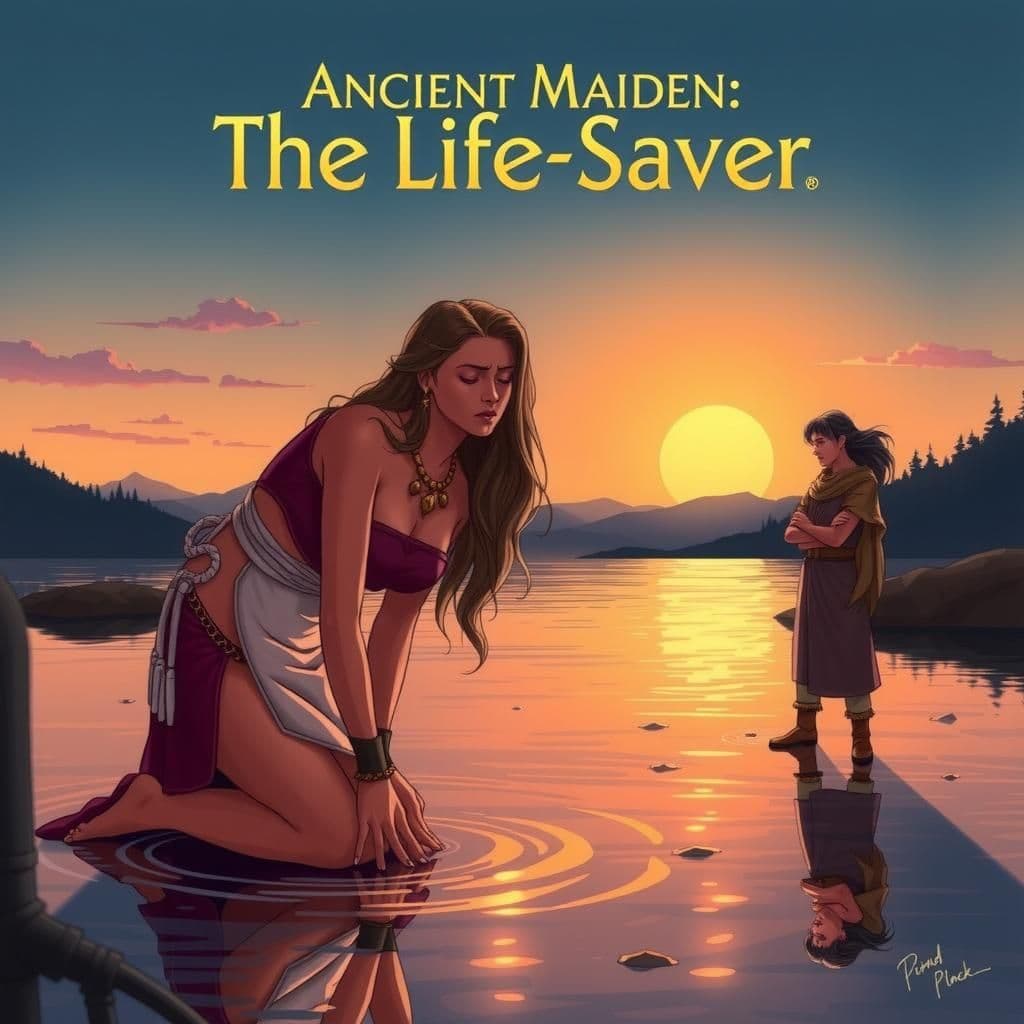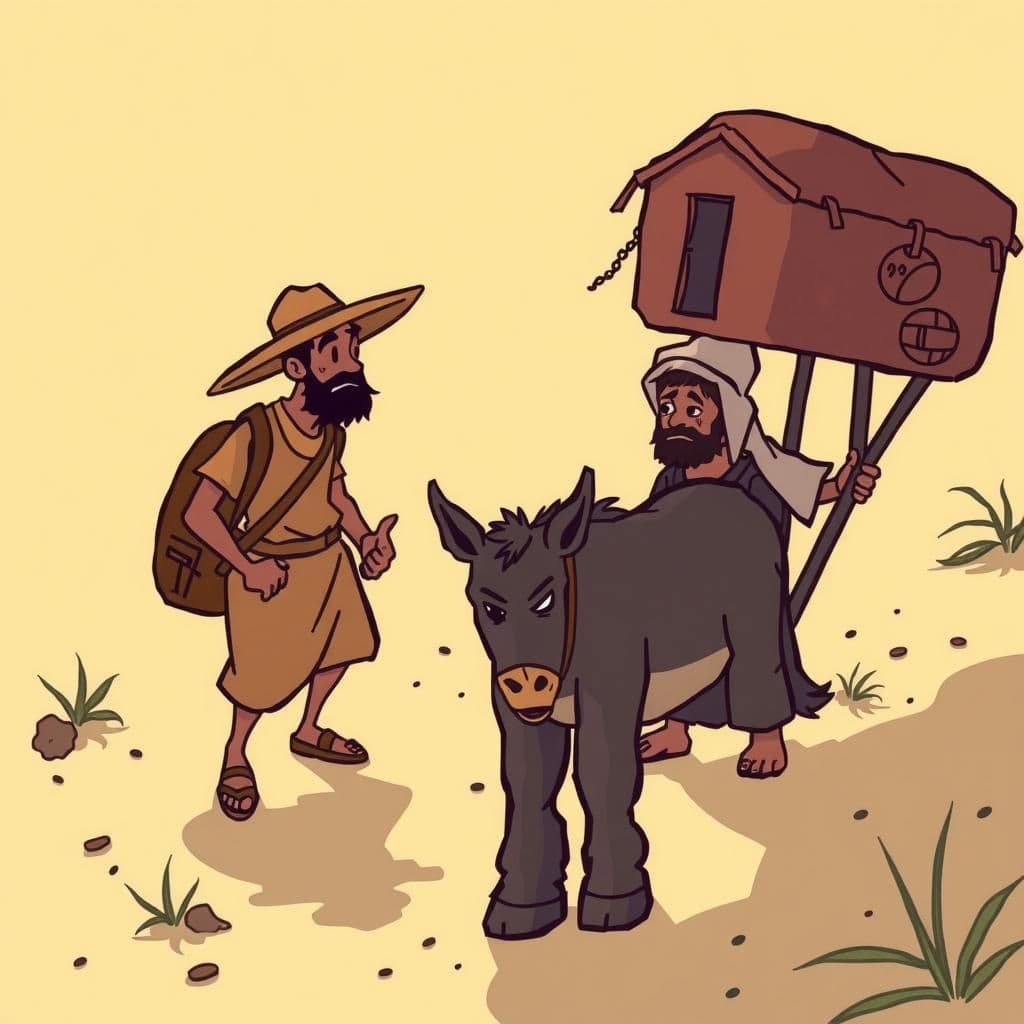The Lark Burying Her Father
In the well-known moral story "The Lark Burying Her Father," the lark faces the challenge of finding a burial place for her father after his death, as there is no earth available. After five days of searching, she decides to honor him by burying him in her own head, leading to the creation of her crest, which symbolizes her father's grave. This inspirational short story with moral highlights the importance of reverence to one's parents, making it a poignant addition to any collection of moral stories for students.

Reveal Moral
"The moral of the story is that honoring and respecting one's parents is a fundamental duty, even in challenging circumstances."
You May Also Like

The Life-Saver
In "The Life-Saver," a dramatic short tale with moral undertones, an Ancient Maiden rehearses the line, "Noble preserver! The life that you have saved is yours!" before tragically drowning. Meanwhile, the Modern Swain reflects on the irony of her sacrifice, realizing he feels a sense of ownership over the life he did not save. This quick moral story highlights the complexities of heroism and the weight of unfulfilled intentions.

The Ass and His Shadow
In the simple short story "The Ass and His Shadow," a traveler hires an ass for transportation and seeks refuge from the intense heat under its shadow. A dispute ensues between the traveler and the ass's owner over who has the right to the shadow, escalating to a physical fight, during which the ass gallops away. This famous fable with moral illustrates that in quarreling over trivial matters, we often lose what is truly important, making it one of the best moral stories suitable for short bedtime stories with moral lessons.

The Statesman and the Horse
In "The Statesman and the Horse," a culturally significant moral story, a statesman who once saved his country encounters a racehorse rushing back to Washington, revealing that its master, another statesman, is hastily pursuing personal gain after a national crisis. This quick read story with moral highlights the contrast between the racehorse's loyalty and the statesman's disillusionment, ultimately exploring the moral complexities of ambition and leadership. Through entertaining storytelling with morals, the narrative encourages reflection on true motivations behind actions in positions of power.
Quick Facts
- Age Group
- adultkidschildrenstory for class 2story for class 3story for class 4story for class 5story for class 6story for class 7story for class 8
- Theme
- reverencelosssacrifice
- Characters
- The Larkthe Lark's Father
Subscribe to Daily Stories
Get a new moral story in your inbox every day.